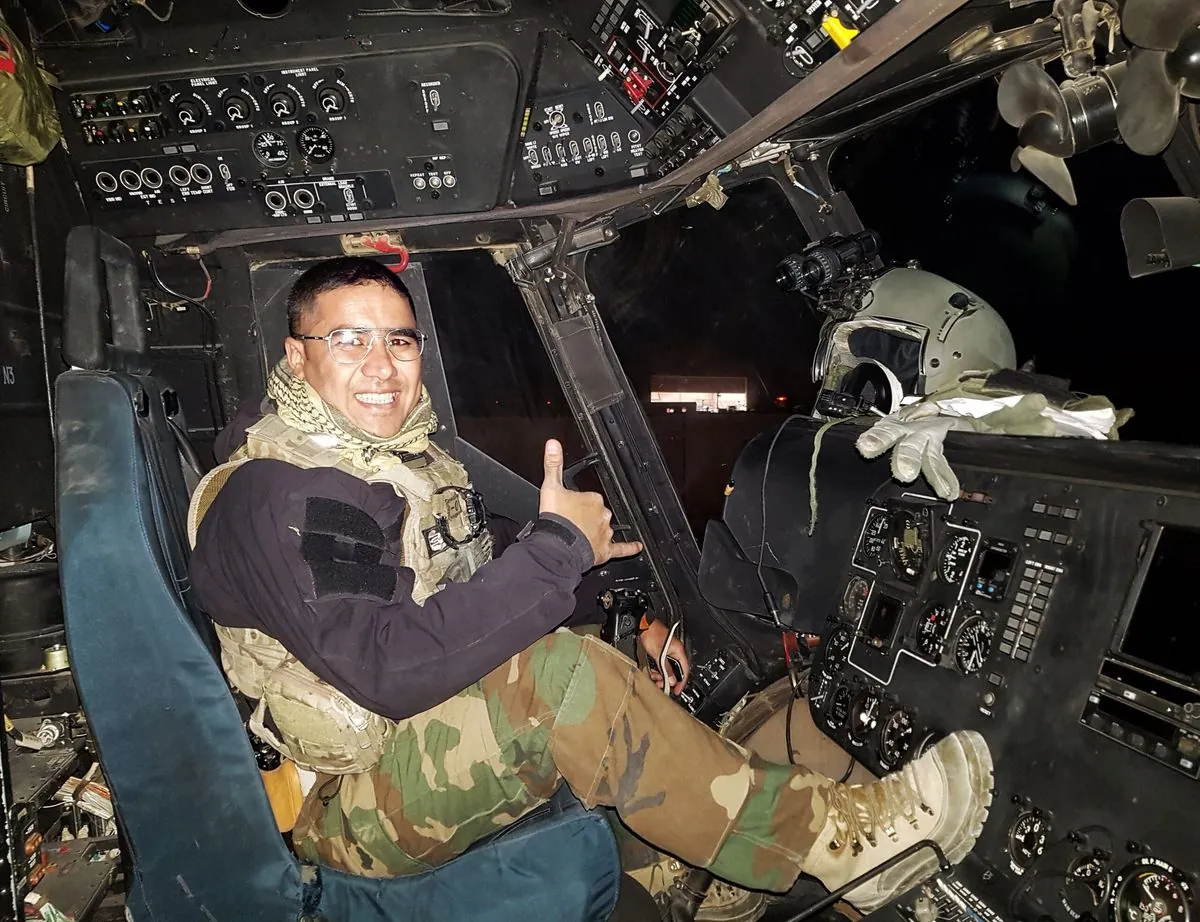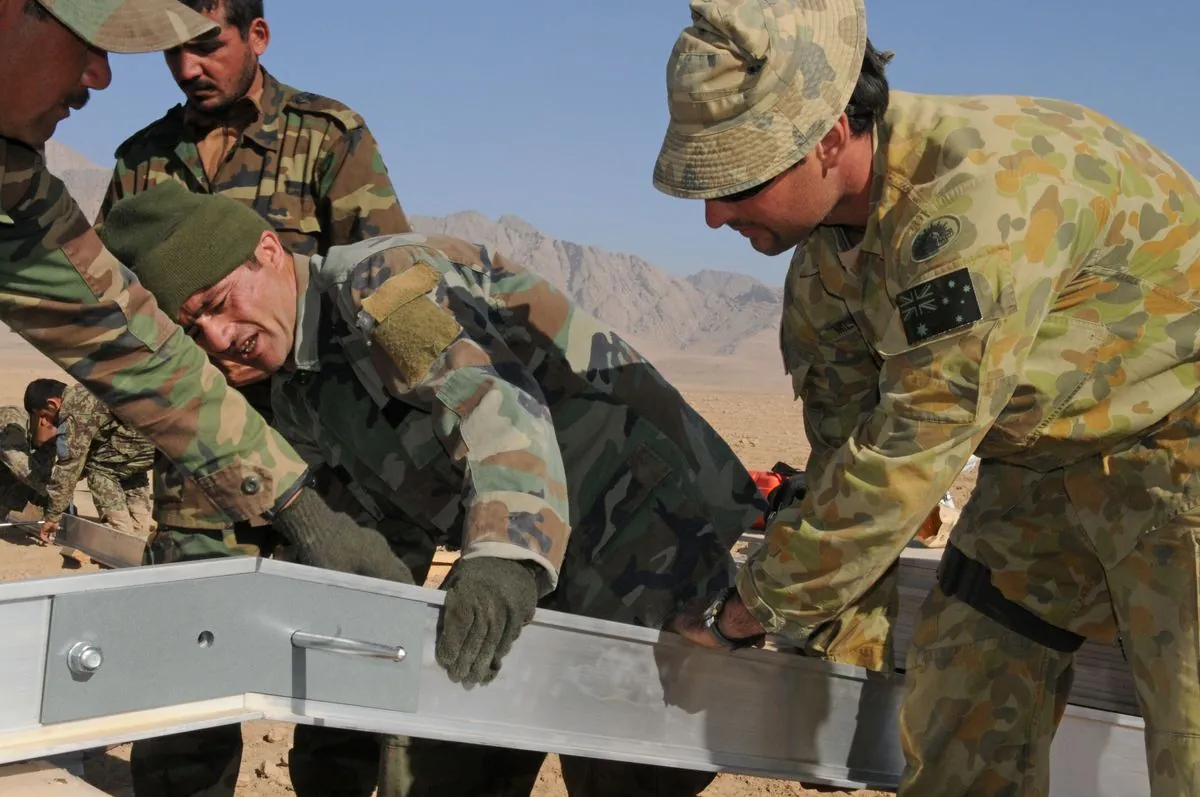Afghan Pilot's Struggle: U.S. Promises Unfulfilled After Taliban Takeover
An Afghan pilot's journey from ally to refugee reveals the challenges faced by those left behind after the U.S. withdrawal. Bureaucratic hurdles and political shifts hinder reunification efforts for thousands of Afghan allies.

In the summer of 2021, Ahmad Haidari, an Afghan pilot, bid farewell to his family in Kabul, unaware that it would be the last time he would see them for years. This poignant moment marked the beginning of a harrowing journey that exemplifies the plight of thousands of Afghan allies left behind after the U.S. withdrawal from Afghanistan.
Haidari joined the Afghan Army in 2008 at the age of 21, driven by financial necessity despite his father's reservations. He became part of the elite 777th unit, established with substantial U.S. investment. For years, Haidari worked alongside American forces, sharing cockpits and conducting joint operations.

The situation in Afghanistan deteriorated rapidly following the U.S. decision to scale back its engagement in 2019. On August 15, 2021, the Taliban seized control of Kabul, forcing Haidari to evacuate government officials to Uzbekistan. Unexpectedly, he found himself unable to return to his family.
"They promised to take out our families. They promised a hundred times."
The U.S. government had established programs to protect Afghan allies, including the Special Immigrant Visa (SIV) program and the U.S. Refugee Admissions Program (USRAP). However, these initiatives have been plagued by bureaucratic hurdles and processing delays.
As of April 2023, over 840,000 SIV applicants and their family members remained in Afghanistan. The Association of Wartime Allies estimates it could take more than three decades to process all eligible Afghan allies.
Haidari's personal struggle reflects the broader challenges faced by Afghan allies. After reaching the U.S. in November 2021, he settled in Birmingham, Alabama, working multiple jobs while navigating the complex asylum process. Despite being granted asylum in early 2024, Haidari continues to face obstacles in reuniting with his family.
The plight of Afghan allies has garnered support from an unlikely coalition of veterans and human rights organizations. They advocate for the Afghan Adjustment Act, which aims to streamline the process for Afghan allies seeking permanent residency in the U.S.
As of August 2024, Haidari's efforts to expedite his family's cases remain unanswered. His youngest daughter, now almost four, no longer recognizes him during video calls. The prolonged separation takes a toll on both Haidari and his family, who face potential danger in Afghanistan due to his past cooperation with U.S. forces.
The story of Ahmad Haidari and countless others like him underscores the human cost of unfulfilled promises and bureaucratic inefficiencies. As the world's attention shifts to other crises, the fate of Afghan allies hangs in the balance, their sacrifices at risk of being forgotten.


































